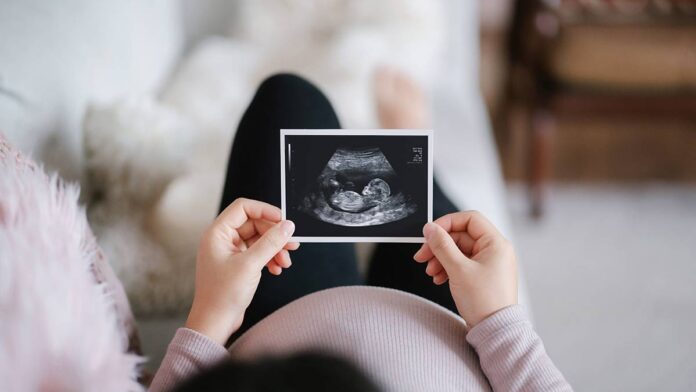Smoking and pregnancy
Smoking can lead to major issues both before and during pregnancy. Smoking may complicate a pregnancy. It may also be detrimental to the health of the expectant mother and child. Among the risks and complications are:
complications throughout pregnancy. The chance of abnormal bleeding during pregnancy and delivery is doubled for smokers. The unborn child and the pregnant woman are at risk from this. Premature membrane rupture, placenta previa, placental abruption, and ectopic pregnancy are further problems.
Stillbirth. Smokers during pregnancy are more likely to have stillbirths. A stillbirth occurs when a baby dies either during or after the 20th week of pregnancy.
Low birth weight and inadequate fetal development. Before birth, smoking decreases a baby’s growth. Even in cases where a woman smokes during her pregnancy, she may nevertheless give birth to a prematurely small child.
early or untimely delivery. Smokers who are expecting may give birth to their child before 37 weeks of pregnancy. Premature infants frequently experience health issues.
harm to a newborn’s developing brain and lungs. Damage from smoking might persist into childhood and adolescence.
increasing the likelihood of birth abnormalities. Cleft palates, cleft lips, or both can be birth defects. An opening in a baby’s lip or palate (the roof of the mouth) is called a cleft. A newborn who has a cleft lip may find it difficult to eat. The baby’s cleft will probably need to be repaired surgically.
Syndrome of sudden infant death (SIDS). Smoking raises the possibility of SIDS, or “sudden and unexplained” infant death.
Smoking and fertility
Problems conceiving can arise from smoking. Smoking can raise a woman’s risk of never getting pregnant and make it more difficult for her to get pregnant.
Smoking harms sperm as well. Impotence, sometimes known as erectile dysfunction, can result from it. Having both issues can make becoming a father more difficult.
Secondhand smoke exposure and pregnancy
Secondhand smoke exposure is harmful during pregnancy and after the baby is born.3
Pregnancy and exposure to secondhand smoking results in decreased birth weight babies. Preterm birth may also result from it.
Infants who are exposed to secondhand smoking are more likely to die from SIDS. They also run the risk of developing lung infections, ear infections, and reduced lung function.
Quitting smoking can benefit pregnant people and their babies
In order to have a healthy pregnancy and a healthy child, quitting smoking is essential. Before attempting to conceive is the ideal time to stop smoking. Starting a pregnancy as soon as possible is the next best time to stop. However, stopping at any point when pregnant is beneficial. It can safeguard a pregnant person’s health and provide a healthier start in life for the unborn child.
Quitting smoking:
decreases the impact of smoking on the growth of the fetus during pregnancy.
lowers the chance of having a baby that is small or has a low birth weight before or during early pregnancy.
may also lessen the chance of an early menopause and an early or preterm delivery.
Giving up smoking will help your unborn child have a healthier start in life.

